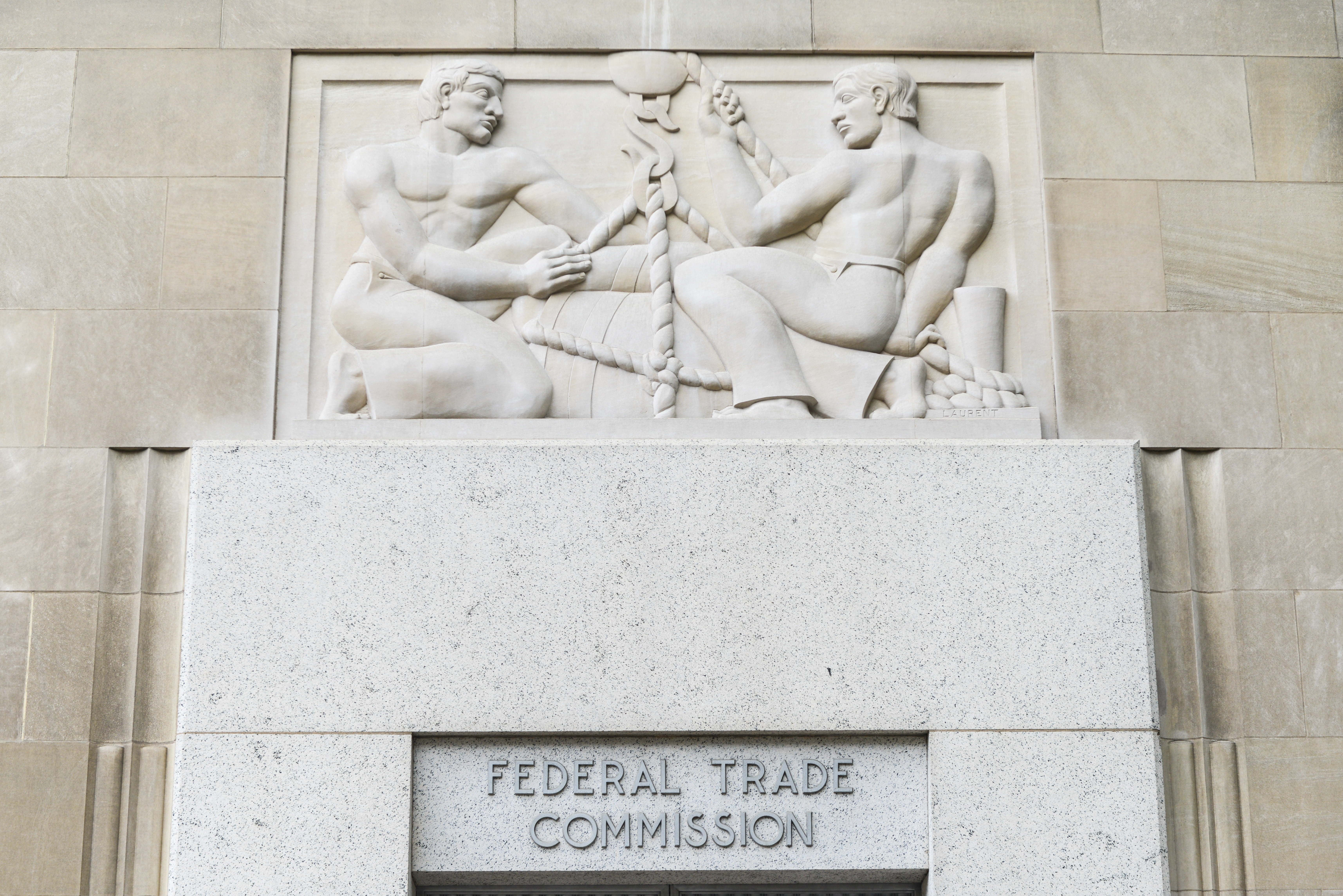
CNN investigators David Fitzpatrick and Drew Griffin report: Cancer charity targeted by feds agrees to put itself out of business. Article says preliminary documents filed in Federal District Court in Phoenix indicate Cancer Fund of America and the related fundraising arm, Cancer Support Services, agreed to turn control over to receivers for liquidation.
In May 2015, the FTC and 50 state attorneys general sued these two charities and two others run by relatives of the president of CFA, alleging fundraising fraud. Two immediately agreed to liquidate. The two discussed in the CNN report initially fought allegations but have now agreed to close their doors.

